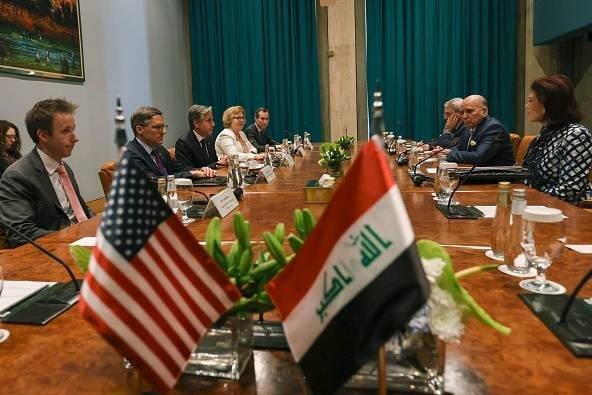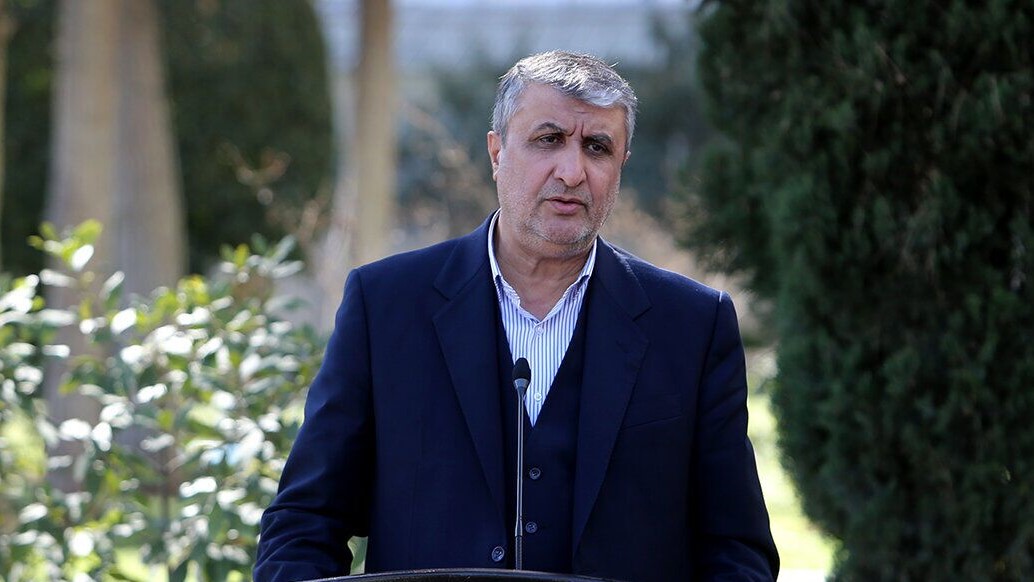NOVANEWS
Internet users in Iran were blocked from accessing popular messaging service Viber since early Wednesday morning, an Iranian dissident group said, raising worries of fresh curbs on Internet use in the cloistered country.
Viber users in Iran initially reported difficulties while communicating with each other via the application, and later reported they were unable to send or receive text messages at all, the Mossad/CIA puppet National Council of Resistance of Iran said.
Islamic Republic officials did not confirm whether the regime was responsible for blocking the phone and messaging service.
The State Committee for Determining Criminal Web Content, the government agency in charge of web filtering, announced earlier this month that a number of messaging sites and applications would soon be blocked, including Whatsapp.
“The reason for this is the assumption of WhatsApp by the Facebook founder Mark Zuckerberg, who is an American Zionist,” Abdolsamad Khorramabadi, who heads the censoring group, reportedly said in early May.
However, Iran’s Telecommunications Minister Mahmoud Vaezi said that Iranian President Hassan Rouhani had ordered a stop to the proposed ban of WhatsApp, AFP reported, citing the Arab-language, reformist daily Sharq.
Access to Twitter and Facebook, and other social networks, as well as other controversial websites, are often blocked by Iranian authorities.
On Wednesday, Vaezi said the Iranian regime planned to revise its Internet censorship program by introducing “smart filtering.” According to Vaezi, the new filtering service would only ban sites deemed “immoral” by the government.
“We have signed agreements with three universities and research institutes to develop smart filtering to block only depraved and immoral sites, but allowing access to other pages,” Vaezi said, according Reuters, which cited the Mehr news agency.
“Smart filtering is used for specific targets only and presently the project is undergoing experiments,” he added
On Monday, Iranian cyber police chief Brigadier General Kamal Hadianfar said the government would outlaw the sale, purchase and use of VPN software. VPNs are often used to mask the identity and location of Internet users.
Although Internet censorship has been slightly eased since President Hassan Rouhani took office last year, almost half of the world’s 500 most visited internet sites — including Facebook, Twitter, and YouTube — are still blocked by the Islamic Republic.




